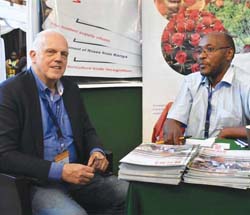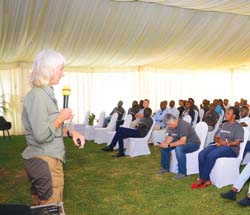The signing of the framework of cooperation between Kenya Flower Council and the Embassy of the Kingdom of the Netherlands was to strengthen the efforts in adoption of sea freight for perishables in Kenya.
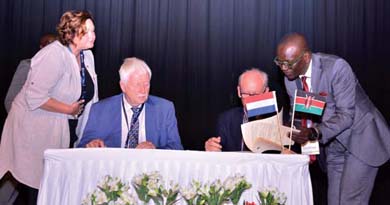
Recently the Government of the Netherlands and Kenya Flower Council signed a Framework of Cooperation on adoption of sea freight for perishables in Kenya. The Ambassador of the Embassy of the Kingdom of the Netherlands, Mr. Maarten Brouwer and the Chairman of the Kenya Flower Council board Mr. Richard Fernandes signed this framework during the opening of the International Floriculture Trade Exhibition (IFTEX) at Oshwal Center in Nairobi, Kenya.

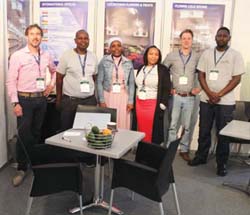 COMPANY PROFILE
COMPANY PROFILE 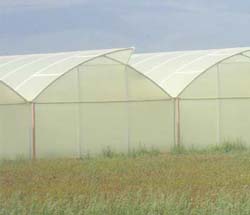 By manipulating environmental conditions, and paying equal attention to temperature and humidity, greenhouse growers can improve the quality of their crops and maximise yields.
By manipulating environmental conditions, and paying equal attention to temperature and humidity, greenhouse growers can improve the quality of their crops and maximise yields.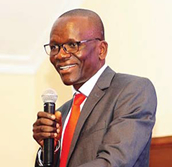 The past two and half years have seen the world grapple with some of the biggest challenges facing humanity in recent times. Kenya and Kenya’s floriculture industry was not spared by the effects of the Covid-19 pandemic.
The past two and half years have seen the world grapple with some of the biggest challenges facing humanity in recent times. Kenya and Kenya’s floriculture industry was not spared by the effects of the Covid-19 pandemic.
